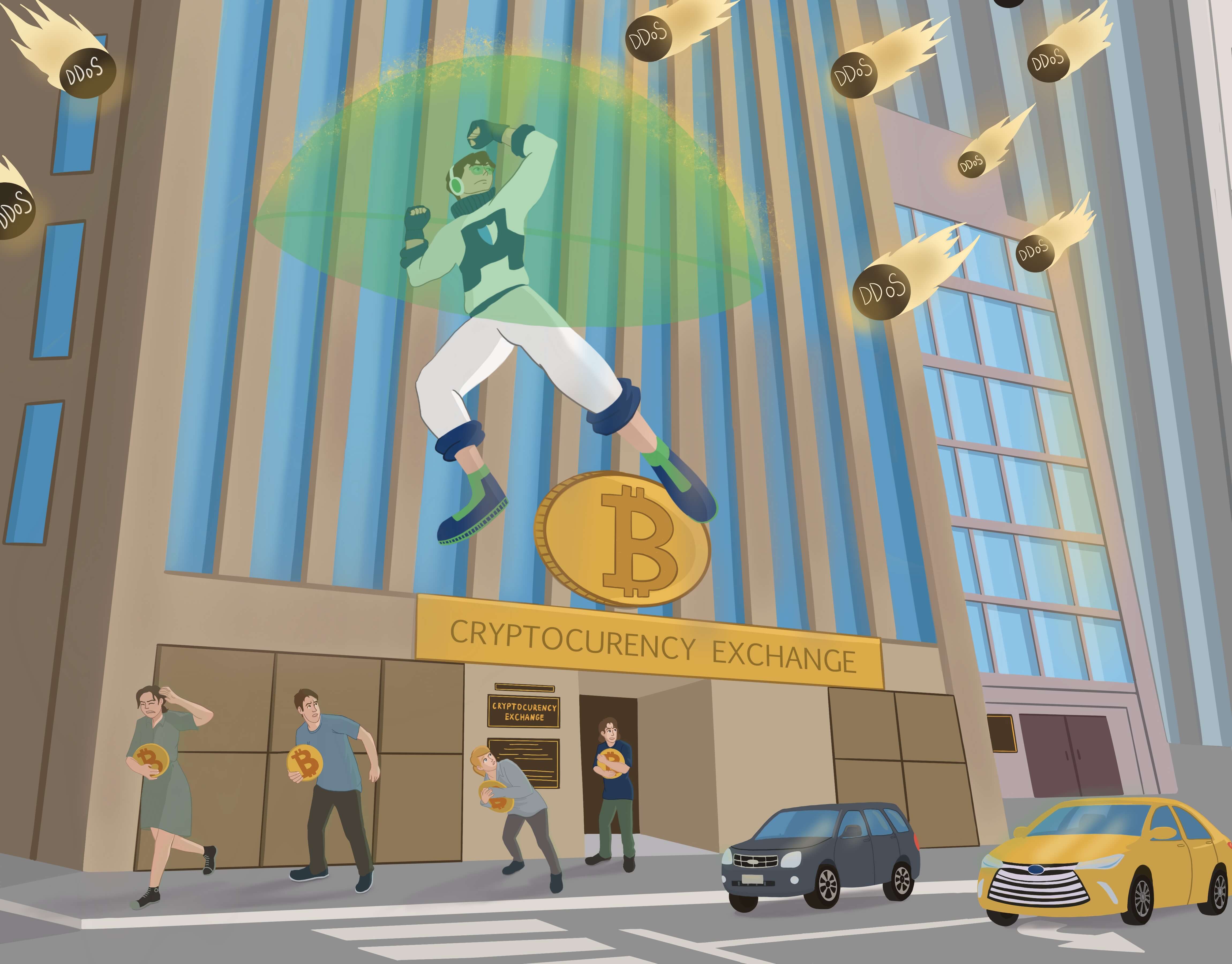Cryptocurrencies like Bitcoin, Ethereum, and Cardano strive to compete with other forms of digital payments, like credit/debit cards, or PayPal. Some believe that cryptocurrency will eventually become the main means of value exchange. In other words, one day, crypto might replace government-issued money.
Indeed, the rate of adoption of this technology has been staggering. For example, In 2014, only 1.4 million people used crypto wallets — a type of software designed to store digital currencies like Bitcoin. By August 2021, the number of crypto wallet users reached 71 million.
But if cryptocurrencies are going to become the backbone of the worldwide economy, they must be technologically indestructible.
And, while the decentralized nature of blockchain does provide a degree of protection, it does not guarantee cyber security. In reality, cryptocurrency ecosystems almost always rely on centralized intermediaries. Namely — crypto exchanges.
Exchanges provide liquidity, allowing users to swap one currency for another, crypto or otherwise. They are paramount for enabling digital currencies to become part of the world economy. However, most exchanges are centralized, and thus, vulnerable to DDoS and other forms of cyberattacks.
Let’s take a look at 3 ways, how DDoS attacks can impact crypto exchanges.
1. Even moderate DDoS attacks can lead to sharp drops of trading volume
Some forms of trading require instant reaction times, where even milestones matter. As the trading platform becomes less responsive under DDoS, traders become reluctant to place orders. Trading volume declines. What’s more, the volume becomes less skewed, as the number of large trades decreases comparatively to the number of small and medium trades.
For exchanges, whose business model is based on taking a commission from every trade, this means sustaining financial losses for the duration of the DDoS attack.
2. Powerful DDoS attacks can cause complete platform downtime
If the network flood is strong enough, it can outright overwhelm the exchange’s servers, taking down its website. Quite obviously, trading activity comes to a halt.
Funds of the users, who trusted the platform become inaccessible while the attack persists, and traders miss market opportunities. This leads to repetitional damage, as traders might be reluctant to entrust their finance to an exchange, which makes them lose money.
3. Coordinated DDoS attacks can cause global disruptions to crypto prices
Cryptocurrency is well known for its volatility. As in any new market, asset prices can fluctuate violently in response to market conditions, news, or general sentiment of the community.
For example, on one occasion, a single Tweet by Elon Musk caused a nearly 10% price move of Bitcoin. Unlike Musk’s social activity, DDoS attacks normally don’t impact the value of Digital Currencies. At least, not as isolated fast-passing events, which they usually are.
However, DDoS attacks are becoming more powerful, and if coordinated, might be able to take down several prominent crypto exchanges for weeks, paralyzing the liquidity of digital currencies, and, subsequently, affecting prices.

Conclusion
Exchanges are a vital part of the cryptocurrency industry. But, usually having a centralized architecture, they are also some of the most vulnerable services in the world of digital currencies.
Thankfully, many of the risks carried by DDoS can be easily mitigated with a good DDoS protection service.




















